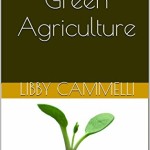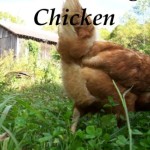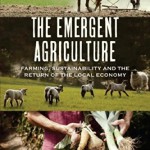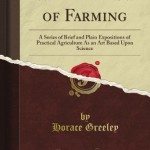
Organic agricultural methods blend medical understanding of ecological science and modern innovation with only conventional farming methods based upon naturally taking place biological procedures. Organic farming methods are checked out in the ground of agro ecology. Although standard farming makes use of synthetic pesticides and also water-soluble synthetically cleansed fertilizers, natural farmers are restricted by policies to using all-natural pesticides as well as plant food.
Although natural is essentially various from traditional since of the utilization of carbon based plant foods contrasted with only incredibly soluble synthetic based plant foods and biologic insect command as opposed to artificial chemicals, organic agricultural and also large-scale established agricultural are not totally equally exclusive. A bunch of the techniques created for natural farming have actually been embraced by more established agriculture. Integrated Pest Management is a many-sided method that utilizes various organic strategies of vermin command whenever conceivable; nevertheless in conventional agricultural could consist of artificial pesticides only as a last hotel.
Crop diverseness is a distinct function of natural agricultural. The science of agro ecology has revealed the benefits of polyculture (a number of plants in the same area), which is frequently utilized in organic farming.
Organic agricultural counts on to a wonderful level on the organic breakdown of organic matter, making use of strategies like green manure and also composting, to change nutrients taken from the filth by previous plants. Organic agricultural uses an assortment of techniques to much better filth fertility, including plant turning, cover cropping, reduced husbandry, and application of garden compost.
Organic weed management developments weed curtailment, as opposed to weed elimination, by enhancing plant competitors and phytotoxic impacts on weeds. Organic farmers integrate cultural, biologic, mechanical, chemical and bodily maneuvers to deal with weeds without synthetic weed killers.



